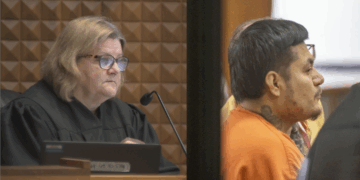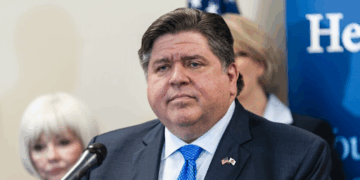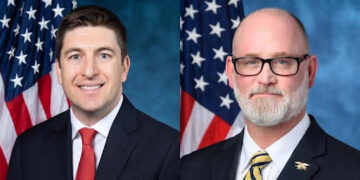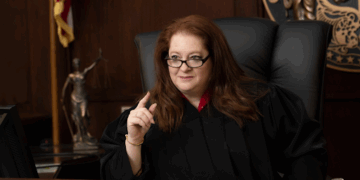A newly introduced bill in the Wisconsin legislature aims to address insufficient compensation for those who are wrongly convicted.
The bill, which was sponsored by a Republican and co-sponsored by numerous Democrats, aims to increase compensation by as much as tenfold per year for exonerated convicts.
Currently, those who are wrongfully convicted can only be compensated up to $5,000 per year spent in prison. This bill allows them to receive up to $50,000 per year, or an overall maximum of $1,000,000.
The problem was highlighted after two brothers who spent over 20 years in prison after being wrongfully convicted of murder charges were awarded only $25,000 a piece. (RELATED: ‘Let Them Sue’: Wisconsin GOP Bill Targets Doctors Over Gender Procedures)
The Wisconsin Claims Board recommended that each brother be given $1,000,000, but currently each individual claim would have to be approved by the legislature.
Wisconsin is among a majority of states that compensate those who are wrongfully convicted, but it currently lags behind other states with regard to how much an exonerated person can be given.
“You can’t take away somebody’s entire life and then say, ‘Here’s $25,000, go start over,’” State Senator LaTonya Johnson, D-Milwaukee said. “What does that begin to cover?”
Senate Bill 577, which seeks to remedy the issue, was sponsored by State Senator Rachael Cabral-Guevara, R-Fox Valley and currently has twelve Republican co-sponsors and eleven Democratic co-sponsors. (RELATED: Wisconsin Moves Toward Digital Driver Licenses—But Privacy Critics Pump the Brakes)
Jarrett Adams, who was released from prison in 2007 after being wrongfully convicted on sexual assault charges, said that in addition to current compensation practices being insufficient, there are no programs to help the wrongfully convicted reeneter society.
“There are no programs designed to help those wrongfully convicted reenter society,” Adams wrote in testimony to the legislature. “However, those who are convicted and released from prison are afforded services by the state.”
































